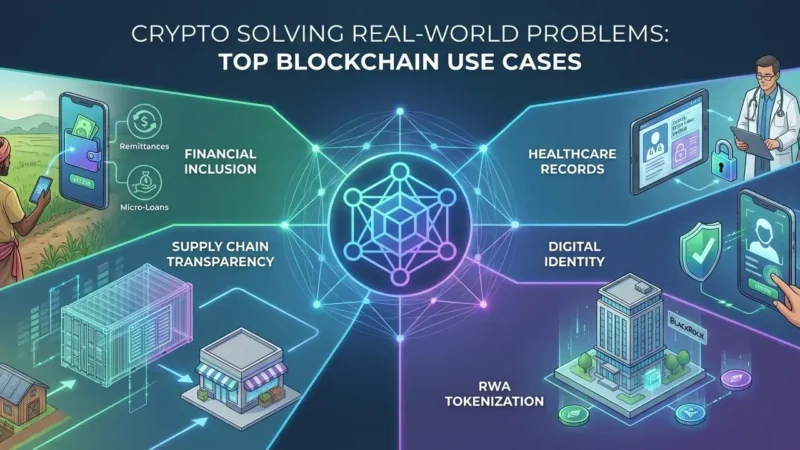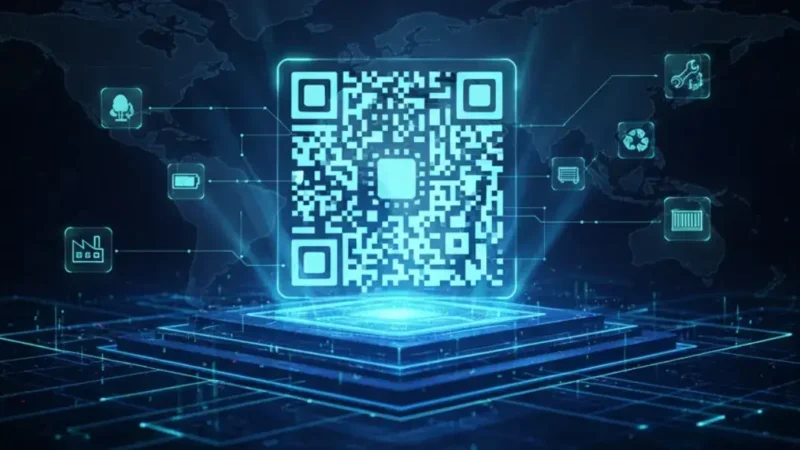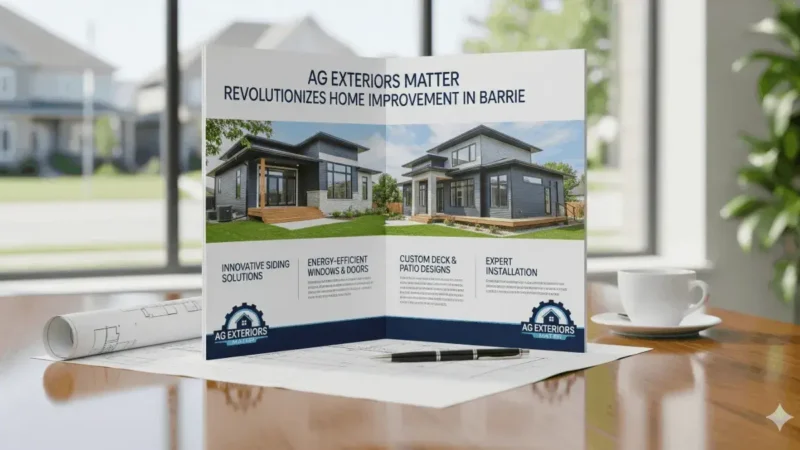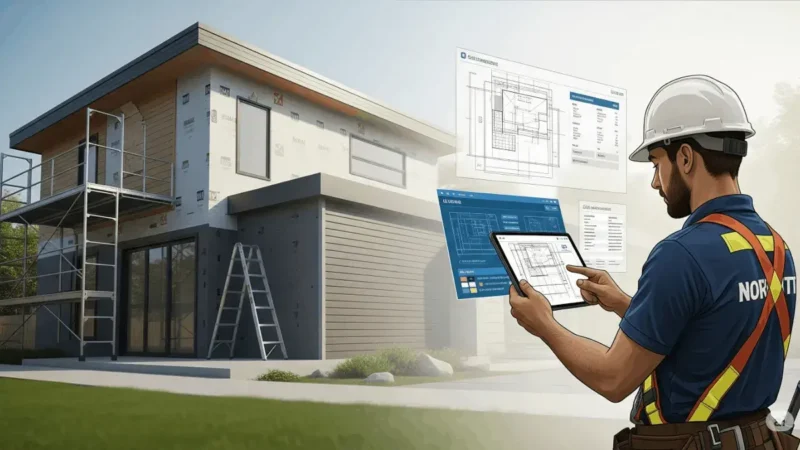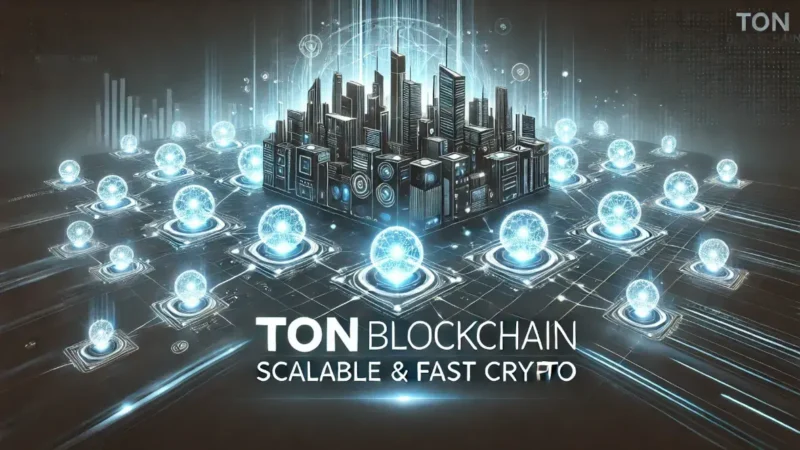Smart Contracts for Roofing: Transforming the Roofing Industry
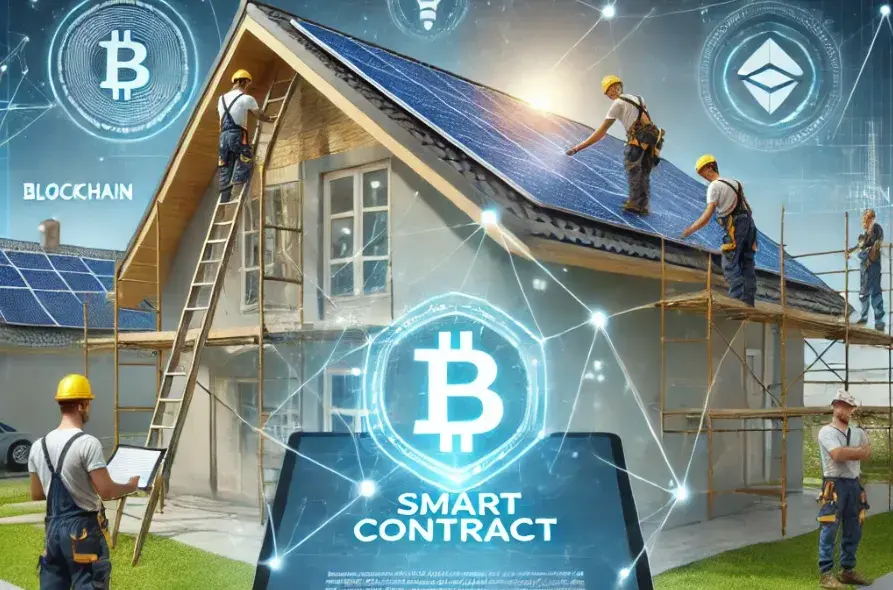
Introduction
The residential-roofing industry has long struggled with inefficiencies in contracts, payments, and disputes. Traditional agreements often lead to misunderstandings, delays, and even fraud. However, smart contracts for roofing are changing the game by offering automated, transparent, and tamper-proof solutions.
Smart contracts are blockchain-based agreements that execute themselves when predefined conditions are met. By integrating this technology into roofing contracts, businesses and homeowners can enjoy smoother transactions with enhanced trust and security.
In this article, we’ll explore how smart contracts for roofing work, their benefits, potential challenges, and their impact on the industry.
Table of Contents
What Are Smart Contracts?
Smart contracts are self-executing agreements stored on a blockchain. They are programmed to perform specific actions once predefined conditions are met. For example, in the roofing industry, a smart contract could automatically release payment to a contractor once the job is completed and verified.
How Do Smart Contracts Work in Roofing?
- Agreement Setup – The homeowner and roofing contractor define the contract terms (cost, materials, timeline, etc.).
- Blockchain Recording – The contract is stored on a blockchain, ensuring transparency.
- Automated Execution – When milestones are met (e.g., materials delivered, installation completed), payments are released.
- Immutable Records – All transactions are recorded permanently, preventing disputes and fraud.
Benefits of Smart Contracts for Roofing
1. Increased Transparency
Every transaction within smart contracts for roofing is recorded on a blockchain, meaning all parties have access to an immutable and verifiable history of the agreement. This transparency eliminates misunderstandings and enhances trust.
2. Faster Payments & Reduced Delays
Traditional payment methods often involve delays due to manual processing and approvals. With smart contracts, payments are automatically released when conditions are met, ensuring that roofing contractors are paid on time.
3. Reduced Risk of Fraud & Disputes
Disputes between homeowners and contractors are common. Smart contracts prevent fraud by ensuring all conditions are met before funds are released, reducing the risk of incomplete or subpar work.
4. Cost Savings
By eliminating intermediaries such as banks, lawyers, and escrow services, smart contracts for roofing reduce transaction fees and administrative costs.
5. Enhanced Security
Blockchain technology ensures that smart contracts cannot be altered or tampered with once deployed. This protects both homeowners and contractors from contract manipulation.
Use Cases of Smart Contracts in Roofing
1. Roofing Material Supply Chain
Smart contracts can automate payments between roofing material suppliers, distributors, and contractors. When materials are delivered and verified, the payment is automatically processed.
2. Contractor Payments & Project Milestones
Instead of waiting for weeks to get paid, contractors can receive instant payments once a milestone (e.g., roof installation completion) is verified through smart contracts.
3. Roofing Insurance Claims
Insurance claims for roof repairs often take weeks or months due to paperwork and processing. Smart contracts streamline this by automating claim validation and payments.
4. Warranty Management
Smart contracts can store roofing warranty information, making it easy for homeowners to claim repairs if issues arise within the warranty period.
Challenges of Implementing Smart Contracts for Roofing
1. Adoption Resistance
Many residential-roofing contractors and homeowners are unfamiliar with blockchain technology. Educating the industry about smart contracts for roofing is essential for widespread adoption.
2. Initial Setup Costs
Developing smart contracts requires blockchain expertise, which may lead to upfront costs for businesses transitioning to this system. However, long-term savings outweigh initial expenses.
3. Legal and Regulatory Issues
Blockchain-based contracts are still new, and legal frameworks are evolving. Ensuring that smart contracts for roofing comply with local regulations is crucial.
4. Technical Challenges
Not all roofing companies have the technical expertise to implement smart contracts. Partnering with blockchain developers is necessary for seamless integration.
Future of Smart Contracts in the Roofing Industry
The use of smart contracts for roofing is expected to grow as more companies realize their benefits. In the coming years, we may see:
- Integration with IoT devices – Smart sensors on roofs could automatically trigger warranty claims or payments when damage is detected.
- Standardized smart contract templates – Making it easier for roofing contractors to adopt blockchain-based contracts.
- Government-backed blockchain initiatives – Enhancing trust and legal recognition of smart contracts in construction and roofing.
How to Get Started with Smart Contracts for Roofing
If you’re interested in leveraging smart contracts for roofing, follow these steps:
- Educate Yourself – Learn about blockchain and how smart contracts work.
- Choose a Blockchain Platform – Ethereum, Binance Smart Chain, and Hyperledger are popular options.
- Partner with Blockchain Developers – Work with professionals who can create and deploy smart contracts tailored to your roofing business.
- Train Your Team – Educate employees and contractors on how to use smart contracts effectively.
- Test on a Small Scale – Start with a few projects before fully transitioning to smart contracts.
Stay informed, read the latest crypto news in real time!
Conclusion
The roofing industry is undergoing a digital transformation, and smart contracts for roofing are at the forefront of this change. By automating agreements, enhancing security, and ensuring transparency, this technology offers immense benefits to homeowners, contractors, and suppliers.
As more companies adopt blockchain solutions, we can expect smoother transactions, fewer disputes, and faster payments. While challenges remain, the future of smart contracts for roofing looks promising.
Would you consider using smart contracts in your roofing projects? Let us know your thoughts!

